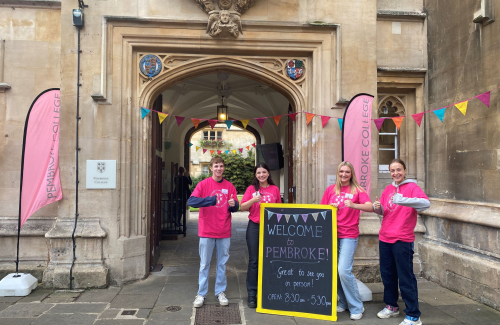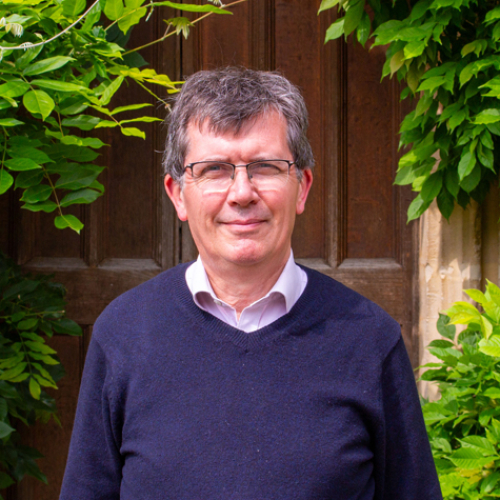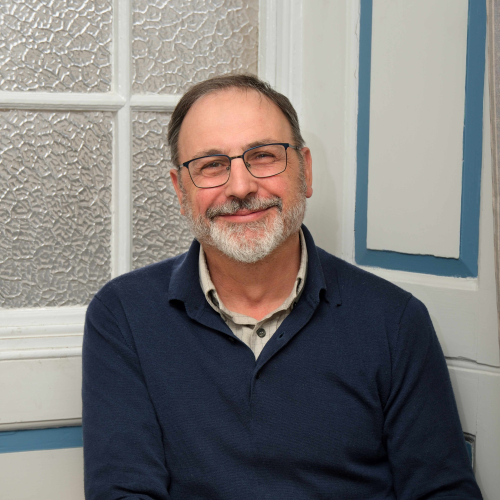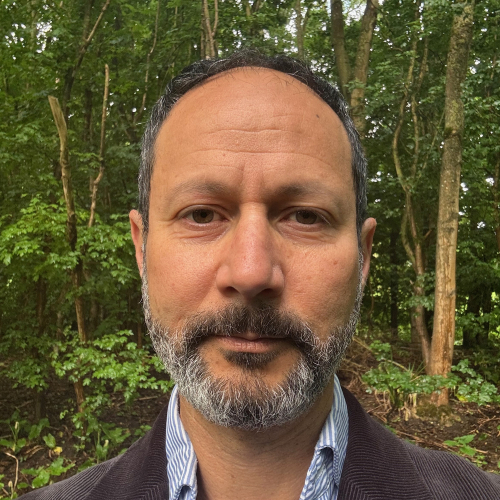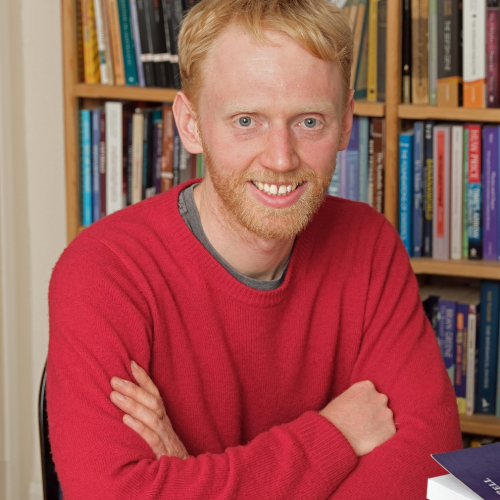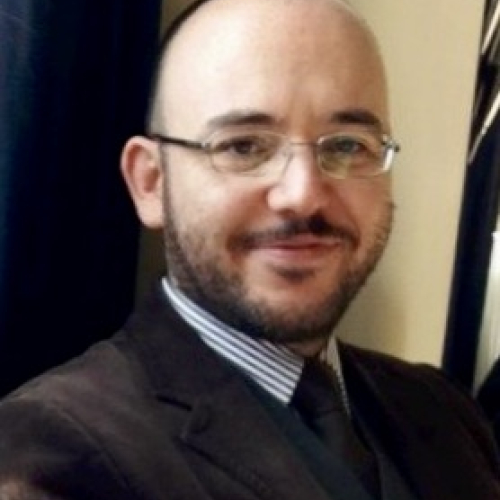Philosophy and Modern Languages
Why Choose Pembroke?
Pembroke is one of the larger language colleges both in terms of tutors and students, with a wide range of language options including French, Italian, German, Spanish, Portuguese and Modern Greek.
Our key tutors in Modern Languages are Dr Tim Farrant, Tutorial Fellow in French with research interests in 19th century French literature and culture, and Professor Guido Bonsaver, Tutorial Fellow in Italian who specialises in 20th century Italian culture and the relationship between political history and narrative. We also have two tutorial fellows in Philosophy; Professor Guy Kahane, whose primary research focus is on theoretical and applied ethics and human morality, and Professor James Read, whose research interests lie primarily in the philosophy of physics, and the foundations of space-time theories.
The Philosophy community within College is particularly extensive. Our strong focus on joint schools also means that our tutors from different disciplines will work closely together throughout the course of your degree, to deliver a collaborative and enriching academic experience.

Looking for single honours courses?
Find more information on our Modern Languages course here.
Have you considered our other joint courses?
Modern Languages can be chosen as a singular subject. In addition, both Modern Languages and Philosophy can be studied as part of other joint disciplines, such as English & Modern Languages, European & Middle Eastern Languages, History & Modern Languages Maths & Philosophy, Modern Languages & Linguistics, Philosophy & Theology, PPE (Philosophy, Politics & Economics) Physics & Philosophy, and PPL (Psychology, Philosophy & Linguistics).
Meet Our Academics
Pembroke Philosophy and Modern Languages students are eligible for £100 of funding in their first year and another £100 in their final year towards the cost of books for their course for personal use. This is claimed from the librarian.
For Philosophy:
- 'Think' by Simon Blackburn
- 'The View from Nowhere' by Ernest Nagel
Currie Prize
-
The Currie Prize is worth approximately £300 and is awarded on tutors’ recommendation to the student giving the best performance in examinations.
Katie Prescott Scholarship
-
This scholarship, worth £300, is awarded on tutors’ recommendation to an undergraduate student in Modern Languages who achieves a Distinction in First Public Examination.
Christopher Pratt Prize (Spanish)
-
This Christopher Pratt Prize, worth approximately £200 per annum, is awarded on tutors’ recommendation to an undergraduate student reading Spanish who performs at the highest level.
Philosophy and Modern Languages
Why Choose Pembroke?
Pembroke is one of the larger language colleges both in terms of tutors and students, with a wide range of language options including French, Italian, German, Spanish, Portuguese and Modern Greek.
Our key tutors in Modern Languages are Dr Tim Farrant, Tutorial Fellow in French with research interests in 19th century French literature and culture, and Professor Guido Bonsaver, Tutorial Fellow in Italian who specialises in 20th century Italian culture and the relationship between political history and narrative. We also have two tutorial fellows in Philosophy; Professor Guy Kahane, whose primary research focus is on theoretical and applied ethics and human morality, and Professor James Read, whose research interests lie primarily in the philosophy of physics, and the foundations of space-time theories.
The Philosophy community within College is particularly extensive. Our strong focus on joint schools also means that our tutors from different disciplines will work closely together throughout the course of your degree, to deliver a collaborative and enriching academic experience.

Looking for single honours courses?
Find more information on our Modern Languages course here.
Have you considered our other joint courses?
Modern Languages can be chosen as a singular subject. In addition, both Modern Languages and Philosophy can be studied as part of other joint disciplines, such as English & Modern Languages, European & Middle Eastern Languages, History & Modern Languages Maths & Philosophy, Modern Languages & Linguistics, Philosophy & Theology, PPE (Philosophy, Politics & Economics) Physics & Philosophy, and PPL (Psychology, Philosophy & Linguistics).
Meet Our Academics
Pembroke Philosophy and Modern Languages students are eligible for £100 of funding in their first year and another £100 in their final year towards the cost of books for their course for personal use. This is claimed from the librarian.
For Philosophy:
- 'Think' by Simon Blackburn
- 'The View from Nowhere' by Ernest Nagel
Currie Prize
-
The Currie Prize is worth approximately £300 and is awarded on tutors’ recommendation to the student giving the best performance in examinations.
Katie Prescott Scholarship
-
This scholarship, worth £300, is awarded on tutors’ recommendation to an undergraduate student in Modern Languages who achieves a Distinction in First Public Examination.
Christopher Pratt Prize (Spanish)
-
This Christopher Pratt Prize, worth approximately £200 per annum, is awarded on tutors’ recommendation to an undergraduate student reading Spanish who performs at the highest level.
